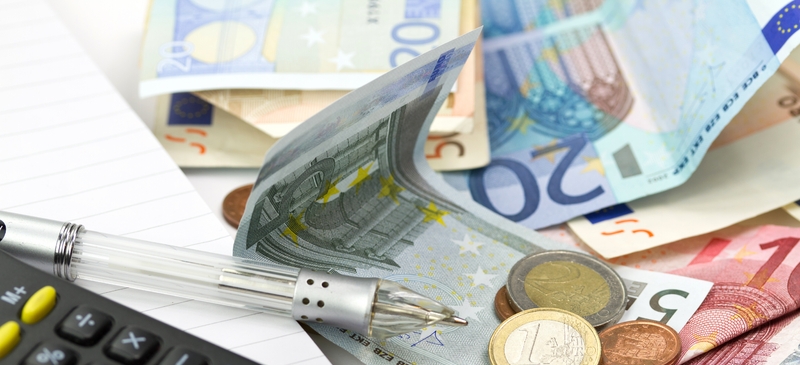
Get with it, Europe
It is seven years since the European Union launched its Lisbon agenda of economic reforms aimed at transforming the competitiveness of the European economy by 2010. Despite the pessimism, there has been much to cheer.
EU countries have created millions of new jobs. Pension reform is progressing in many places. Telecoms markets, financial services and air travel have been liberalized. Productivity growth, long the Achilles' heel of the EU, has bounced back.
Some renewed confidence in the EU is clearly merited. But the pace of expansion is set to fall back this year and next to little over 2 percent — too modest to prevent a further widening of the gap in GDP per head between the EU and the United States.
Europe as a whole is moving much too slowly into knowledge-based industries to ensure it profits from the new division of labor being brought about by globalization.
The reason is not hard to find. At less than 2 percent of GDP, the EU continues to invest far less in research and development than competitors such as the United States or Japan.
Sweden and Finland, already global leaders in terms of R&D, have further increased their spending since 2000. But R&D has stagnated in most EU states and even fallen in some.
Among the many obstacles to higher R&D investment in the EU, two appear particularly important.
The first is the weakness of fast- growing and R&D-intensive sectors, such as pharmaceuticals, software and technology hardware. The proportion of R&D accounted for by these sectors is actually falling in Europe, with R&D increasingly concentrated in mature, slow-growing sectors.
Take Germany, which is considered one of Europe's leaders in innovation, devoting 2.5 percent of GDP to R&D. Much of this spending is concentrated in the automotive sector. That has much less of an impact on growth potential than R&D by companies in fast- growing, high-technology sectors.
A second reason for Europe's poor performance is a dearth of good researchers. Raising Europe's skill levels is crucial. There is a strong correlation between skill levels and economic growth: one additional year of education adds an estimated 3 to 6 percent to economic output in developed economies.
The EU is making progress: almost 30 percent of Europeans in their 20s now have university degree, a share that is three times higher than among those over 60. But unless graduation rates improve further, it will take the EU another two generations to catch- up with the United States.
Moreover, there are concerns over the quality of higher education, not least because funding has not kept pace with growing student numbers.
EU countries invest on average 1.2 percent of their GDP in higher education, compared to 2.6 percent in the US. Only Denmark, Finland and Sweden, which each devote about 1.8 percent of GDP to higher education, come anywhere near the U.S levels.
This translates into an enormous gap in spending per student between the United States and the EU. In 2003, annual expenditure per tertiary student in France, Germany, Italy and Britain averaged under €6,000 compared with €16,700 in the U.S.
There will be losers in Europe from globalization. However, attempts to insulate economies will prove counterproductive by undermining competitiveness and economic growth, and hence weakening governments' ability to assist or compensate the losers.
Governments need to convince their voters that further reforms — of labor and product markets as well as educations systems — will boost economic growth and safeguard public services and welfare states.
They need to counter the suspicion — particularly widely held in countries like France and Italy — that the benefits of such reforms accrue disproportionately to the better-off and hence will exacerbate inequality.
This need not be the case, as we've seen in the Nordic economies and the Netherlands — Europe's most competitive economies.
Europe as a whole is not about to be left stranded by globalization. Some countries are already doing well. The Nordics stand out, as well as Austria, Finland, Ireland, the Netherlands and Britain.
But a significant number of member states are doing nowhere near enough to ensure they emerge among the winners.
The cost of their inaction is already clear. Over the last 10 years we have already seen a striking reordering of the league table of EU prosperity — with fast reformers such as Ireland, Sweden and Britain rising rapidly and laggards, such as Italy, Portugal, and increasingly France, sliding down the list. Many of the Mediterranean and new member-states really do risk getting stranded by globalization.
